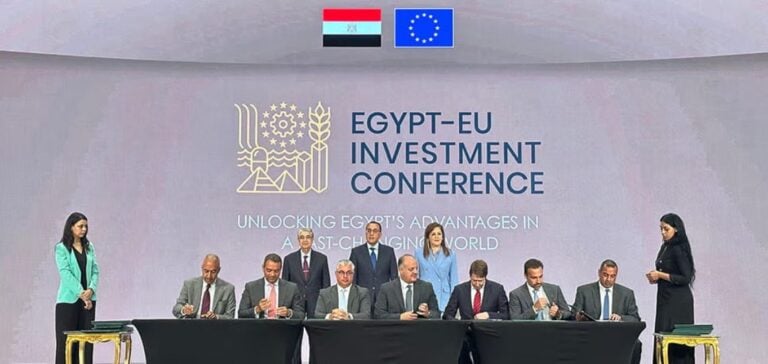BP, in collaboration with Masdar, Hassan Allam Utilities and Infinity Power, has entered into a Joint Development Agreement (JDA) to examine the feasibility of a green hydrogen project in Egypt, marked by a series of technical and commercial studies.
Project background
Egypt is a strategic location for green hydrogen production, thanks to its renewable energy resources and existing infrastructure. BP, which currently produces around 70% of Egypt’s gas, will play a central role as lead developer and operator of the project on behalf of the consortium.
Challenges and opportunities
Green hydrogen projects are booming worldwide, but challenges remain, not least the high cost of production compared with hydrogen from natural gas. The consortium will need to reduce these costs through technological advances and economies of scale if it is to succeed.
Role of BP and Infrastructure
BP’s expertise in large-scale energy projects will be decisive. Integrating green hydrogen production with Egypt’s existing infrastructure will require considerable investment and technological innovation. The consortium will have to develop efficient electrolyzers, robust storage solutions and a high-performance distribution network.
Export strategy
The consortium is focusing on exports to meet the growing global demand for green hydrogen. Europe, with its strict emissions targets and shift towards renewable energy sources, is a key market. Participation in the Egypt-EU Investment Conference demonstrates the consortium’s intention to seize these opportunities.
Key Success Factors
The project’s success will depend on a number of factors, including regulatory support, financial incentives and international collaboration. The involvement of the Egyptian government via the Framework Agreement (FWA) is a positive sign, but sustained political support will be needed to attract further investment and facilitate the project’s development.






















